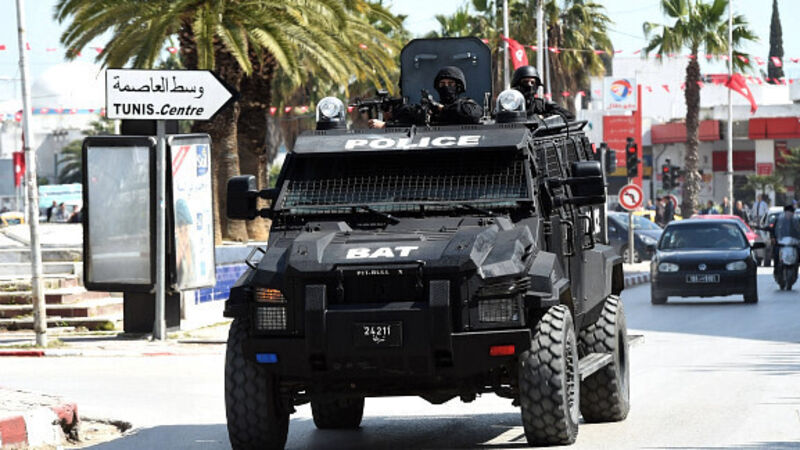Tunisia hostage crisis over as security forces kill militants

Gunmen opened fire at a leading museum in Tunisia’s capital, killing at least eight people and wounding six, including foreign tourists, authorities said.
A later raid by security forces left two gunmen and one security officer dead but ended the standoff, Tunisian authorities said.














